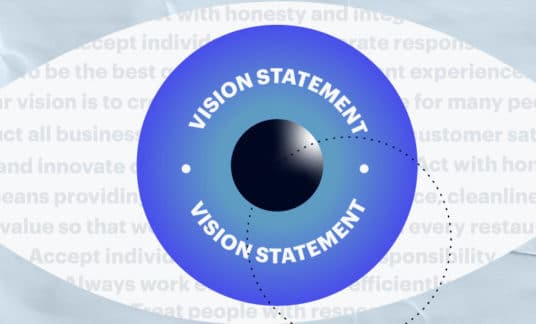If you’re one of the approximately 57 million freelance workers in the U.S., you might have wondered, “As a freelancer, should I incorporate?”
Understand that when you work as a freelancer, whether it’s a side hustle or a full-time gig, protecting your brand is crucial. Knowing how to register your freelance business as a limited liability company (LLC) can provide financial and legal protection for you and your business.
Let’s discuss what a freelance LLC is, how to register a freelance business as well as the benefits.
What Is an LLC?
An LLC is a company that’s legally separated from its members. It’s a legal entity formed and governed at the state level. When you create a freelance LLC, you’re legally no longer considered the business owner but rather a member of the LLC.
Aside from sole proprietorships, an LLC is a popular business structure.
Types of LLCs
When you’re investigating how to set up an LLC, you should seek professional advice to help you determine which LLC best suits your business. These are the 3 most common LLC types:
- Single-Member LLC: You’re the sole member of the company, and you receive the benefits of limited liability protection. You can decide to be taxed either as a sole proprietor or as a corporation.
- Multiple-Member LLC: This is the typical LLC option in which numerous members can choose whether they’re taxed as a partnership or as a corporation.
- Series LLC: This is a more recent option in which a company has a primary LLC and then creates series LLCs under that umbrella. It’s an ideal choice for businesses with different purposes, assets or members.

What Are the Benefits of an LLC?
An LLC, including a freelance LLC, adds some protection between potential business liabilities and your personal assets. In most cases, members of an LLC aren’t held personally responsible for any debts or legal responsibilities the business incurs.
If you began freelancing without setting up an LLC or any other formal business structure, the government could treat your business as an extension of yourself. This means you’re fully responsible for filing and paying your freelance business taxes as part of your personal tax return. It also means your personal assets — even jointly owned assets — are more at risk if you encounter legal issues. This can include the following:
- Cars
- Homes
- Real estate
If you’re wondering, “Do I need an LLC to freelance?” know that it’s not mandatory. However, it could be helpful for your business endeavor. LLCs generally offer the same level of protection for your business as more typical corporate models, but they require less setup and maintenance.
How to Register a Freelance Business as an LLC
Forming an LLC in the U.S. is relatively easy, especially compared with other options. In most states, you can file the required documents and pay a filing fee online. Each state is different, so make sure you look up the requirements for freelancer registration for your state.
There are several things you should do as soon as you set up an LLC:
1. Get an EIN
An employer identification number (EIN) is essential even if you don’t intend on hiring employees. Why? Using your freelancer EIN on W-9s and other forms helps to keep your Social Security number confidential from clients and vendors.
2. Set up a Business Bank Account
Keep personal finances out of the mix. A business bank account helps protect you if a claim is made against your company. Many banks require people to set up an entirely new account for their freelance LLC.
3. Secure Insurance
Because your LLC is a separate legal entity, it’s best to get insurance coverage in your LLC’s name. This is the case even if you already have insurance as a freelancer.

Other LLC Considerations
Get a Business License
Whether you need a license depends on what type or size of business you’re running and where you’re located — not whether you’re a freelance LLC. A license may be required to meet certain tax and legal requirements. Check with your state government. Business licenses are updated annually and as your business changes.
Update your Operating Agreement
An operating agreement is a document that lays out how your LLC is governed among its members. It also details how funds are distributed and contributed. This needs to be reviewed annually to remain valid.
Although an operating agreement isn’t always required for an LLC, having one creates another layer of protection for your personal assets. Even if you’re the sole member of the LLC, having this agreement is a good idea for tax and liability purposes.










